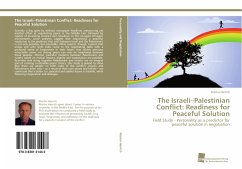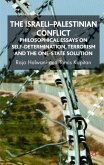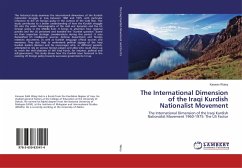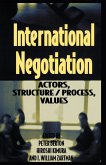Scarcely a day goes by without newspaper headlines announcing yet another effort at negotiating peace in the Middle East followed by reports of escalating violence and casualties. In this on-again-off-again environment, some analysts suggest that negotiating a peaceful resolution to the problems that exist between Israel and the Palestinians is not only possible, but inevitable. Other experts, though, caution that unless and until both sides come to the negotiating table with a profound sense of forgiveness in their hearts that refutes previous intractable views, no lasting peace can ever be negotiated between these peoples. Normal, peaceful relations between Palestinians and Israelis based on mutual respect, dignity and cooperation are possible. Activities that bring together Palestinians and Israelis are an integral part of creating sustainable peace. Hence, this study is geared to show that there are people on both sides of the conflict, Israelis and Palestinians alike, who - as a result of their core values and beliefs - are convinced that a better (i.e. peaceful and stable) future is feasible, while fostering cooperation and dialogue.
Bitte wählen Sie Ihr Anliegen aus.
Rechnungen
Retourenschein anfordern
Bestellstatus
Storno








